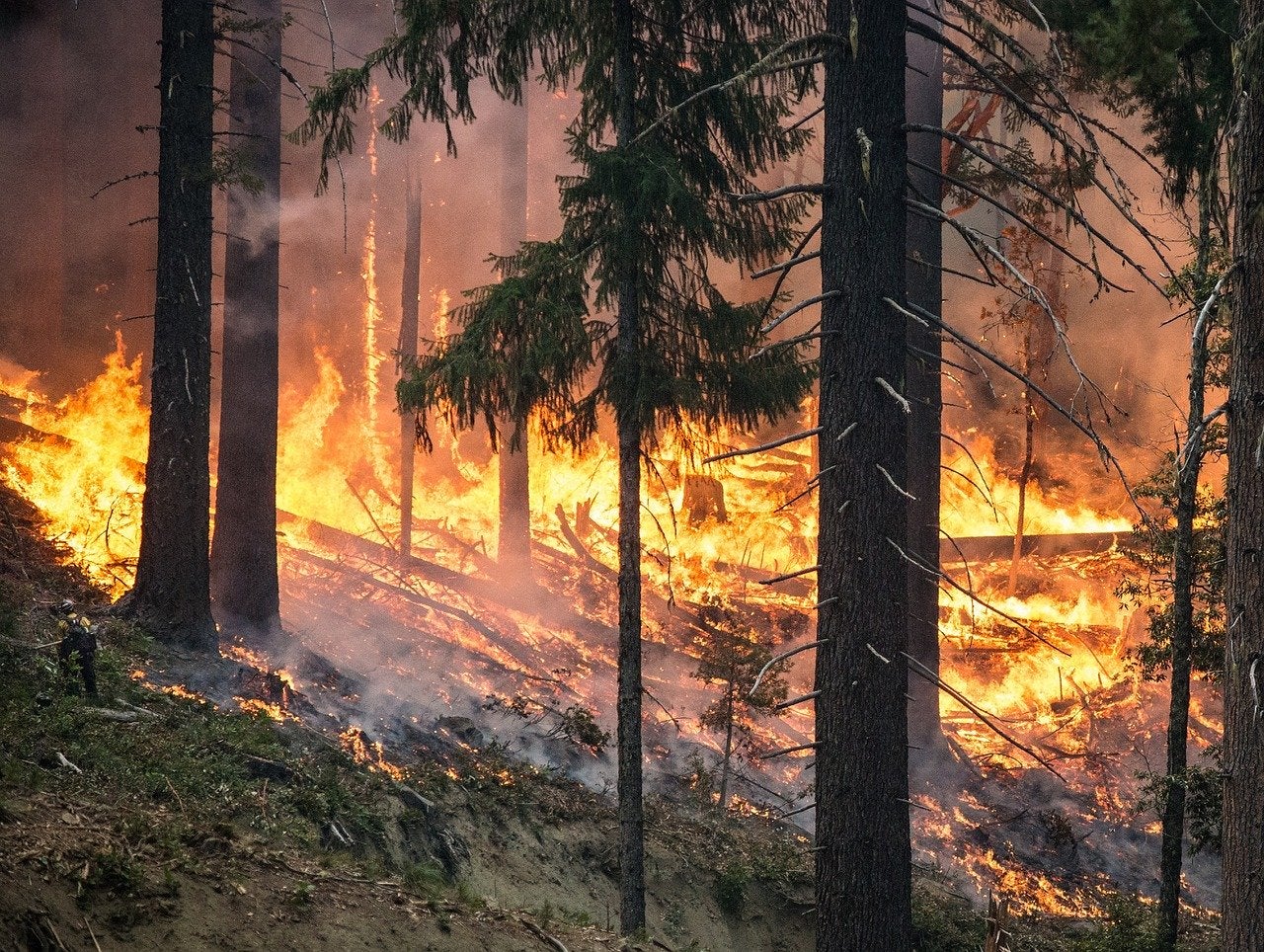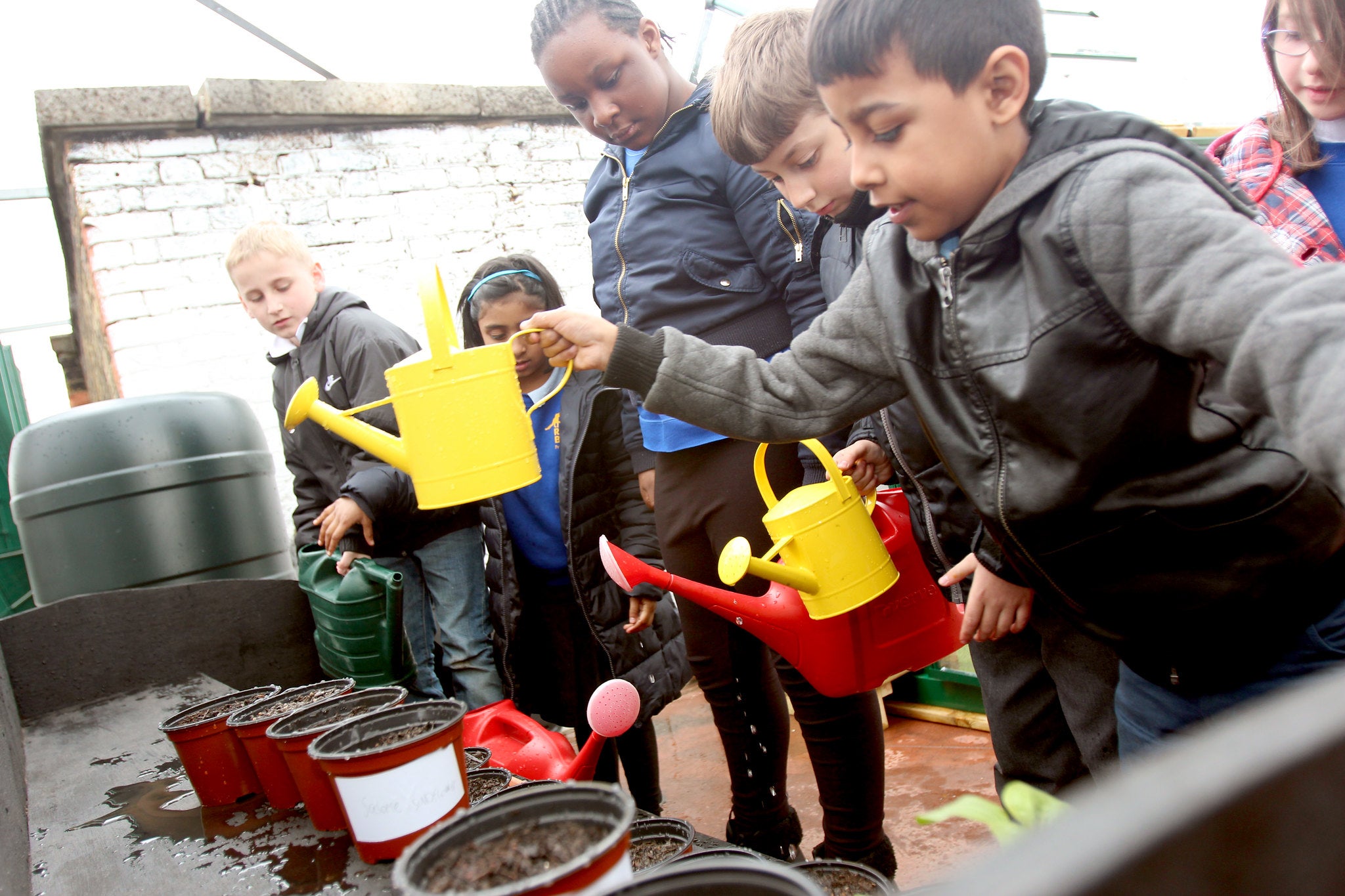Health professionals need to communicate the health and equity implications of climate change swiftly and effectively to patients and the public to protect health and motivate action argues our Yerby Fellow and Climate MD lead, Dr. Renee Salas and Dr. Ellen Peters from the School of Journalism and Communication and the Department of Psychology at the University of Oregon in a new perspective for the New England Journal of Medicine.
In “Communicating Statistics on the Health Effects of Climate Change,” Salas and Peters share communications principles for health professionals to guide discussions with patients and the public to increase understanding of climate and health issues, protect health today, and galvanize action toward an equitable transition away from fossil fuels.
“…clinicians have a powerful megaphone — and a profound responsibility — to effectively communicate health-related statistics. But the way they do so is important…” – Salas and Peters
The authors write that providing statistics from a trusted source, such as a health care professional, can help earn people’s trust and motivate them to engage in healthier behavior,
Health professionals should:
- Start with choosing a communication goal — what the audience needs to understand.
- Be transparent about uncertainty to help avert the undermining of trust when something unexpected occurs.
- Provide context through using comparisons.
- Include hyperlocal data, including stories about people affected by climate change to promote understanding of its relevance to people’s lives paired with data.
- Provide solutions with a call to action.



















